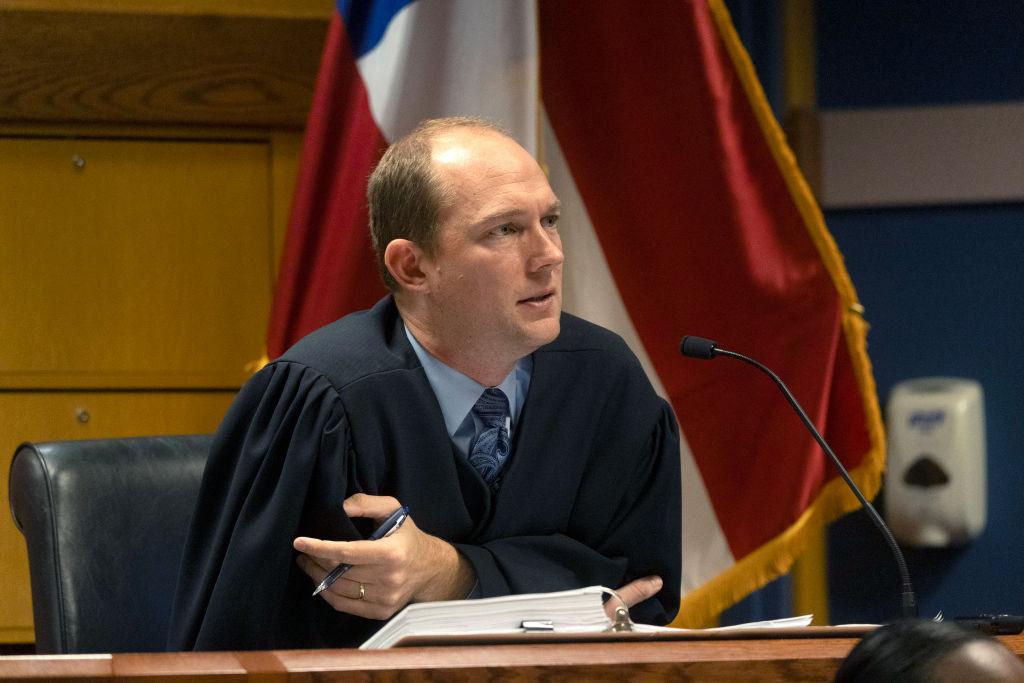Tuesday afternoon, Fulton County Superior Court Judge Scott McAfee heard arguments and testimony regarding revoking the bond of Harrison Floyd—who was indicted alongside former President Donald Trump for allegedly interfering with the 2020 elections—after the defendant made several social media posts in which he tagged witnesses in the case.
The judge said there was a “technical violation of Mr. Floyd’s bond,” and that communications he made “wound up before the eyes and ears of potential witnesses and codefendants.”





